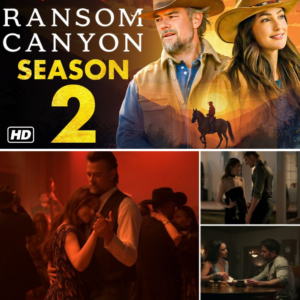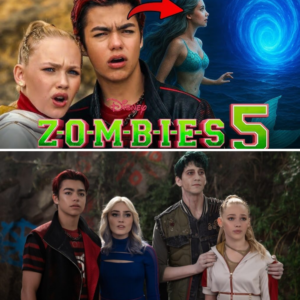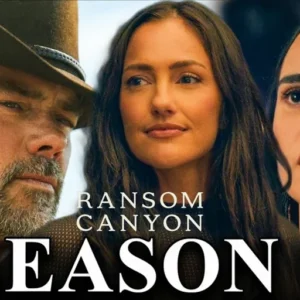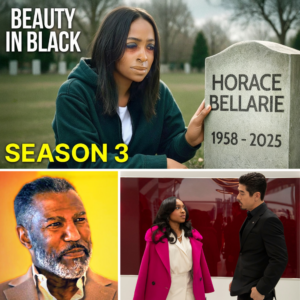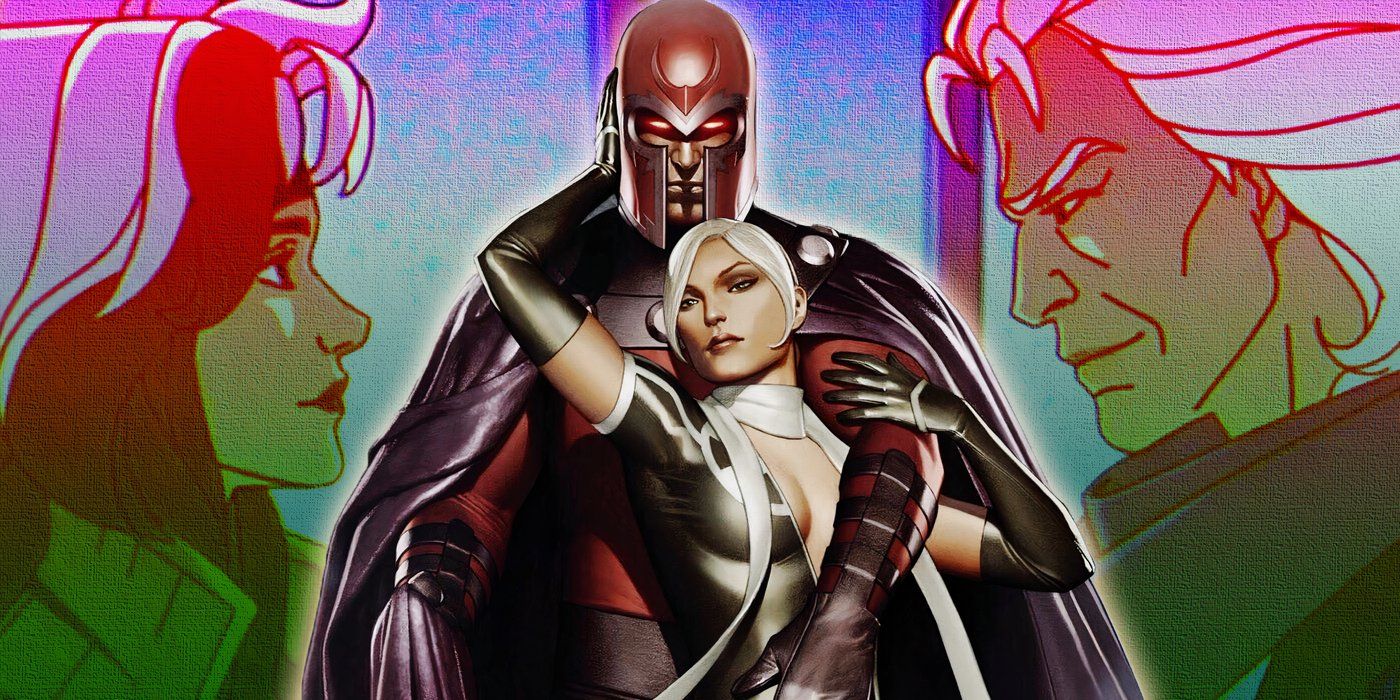
Among the many things X-Men ’97 did to resuscitate interest in Disney-era Marvel content, Rogue and Magneto’s romantic relationship being brought to the fore is among its highlights. Though the dynamic has a comic book precedent, it’s hardly a prominent association for either character, making the storyline a surprising but welcome addition to the animated revival series.
As is typical of Marvel’s mutants, Rogue and Magneto have a relationship that transcends mere alliances and rivalries. Occasional romance is one of a host of wrinkles in the iconic Marvel roster members’ fascinating history. Flush with complexities ranging from endearing to problematic, Rogue and Magneto’s relationship blends mutual respect with trauma-informed behaviors, producing no shortage of fascinating story fodder as messy as anything in the X-Men canon. With X-Men ’97 affirming Rogue and Magneto’s bond being worth exploring, now is as good a time as any to examine the implications of their dynamic within the Marvel Universe.
Magneto and Rogue’s Backgrounds, Explained
Zooming out on the characters before zooming in on their relationship
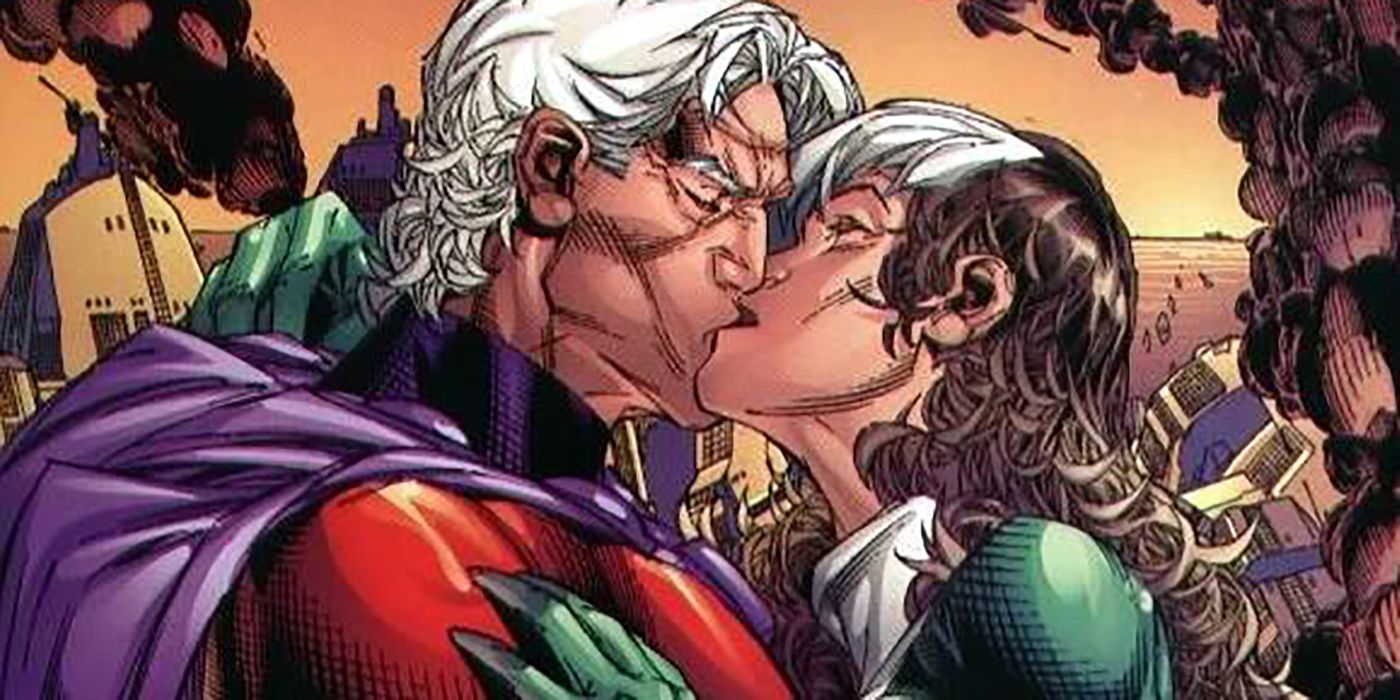
To understand how Rogue and Magneto’s relationship in Marvel Comics unfolds, it’s crucial to understand the two characters individually and how they exist against the backdrop of their complex roles within the mutant universe.
Rogue is first introduced in Avengers Annual #10 (1981), depicted as a young mutant villain grappling with her monkey’s paw of a mutation, the ability to absorb memories, powers, and life force through physical contact. The formidable gift isolates her, positioning her as an enemy of Captain Marvel and setting the stage for her complicated relationships with heroes and baddies alike for years to come.
Thankfully, Rogue’s journey led her to the X-Men, and once aligned with Marvel’s mutant brigade, she found a sense of belonging. Once supported by the team, despite the risks her powers pose, the walls Rogue had erected begin to break down. Of course, her X-Men membership wasn’t a panacea. Rogue’s abilities, then and always, pigeonhole her into a life devoid of care and intimacy.
Magneto: I am indebted to honor [Xavier’s] last wish, even if his X-Men won’t trust me. Perhaps they are right not to. My past is too littered with error.
Rogue: Mine was, too, remember? But the X-Men still took me in. The thing is, I didn’t go about demanding their trust. I earned it.
— A philosophical exchange between the two in X-Men ’97
Similar to Rogue, Magneto has always exhibited resistance to interpersonal connection. One of fiction’s most dynamic villains, His harrowing origin as a Holocaust survivor shaped his isolation and an unwavering belief in mutant supremacy. Magneto’s relentless pursuit of his misguided brand of justice turned him into a polarizing figure, even among mutant-kind.
Because of their complicated pasts and common allegiances, most Rogue and Magneto interactions — particularly their earlier encounters — are marked by mutual respect, albeit tinged with ideological conflict. Given her ostracized past, Rogue’s attraction to Magneto’s fierce determination and staunch ideology is understandable. When Magneto’s charismatic leadership and position of power are coupled with Rogue’s more vulnerable position, their bond is peppered with toxicity.
Not Limited to Enemies and Lovers
The messy in-between that X-Men ’97 acknowledged.
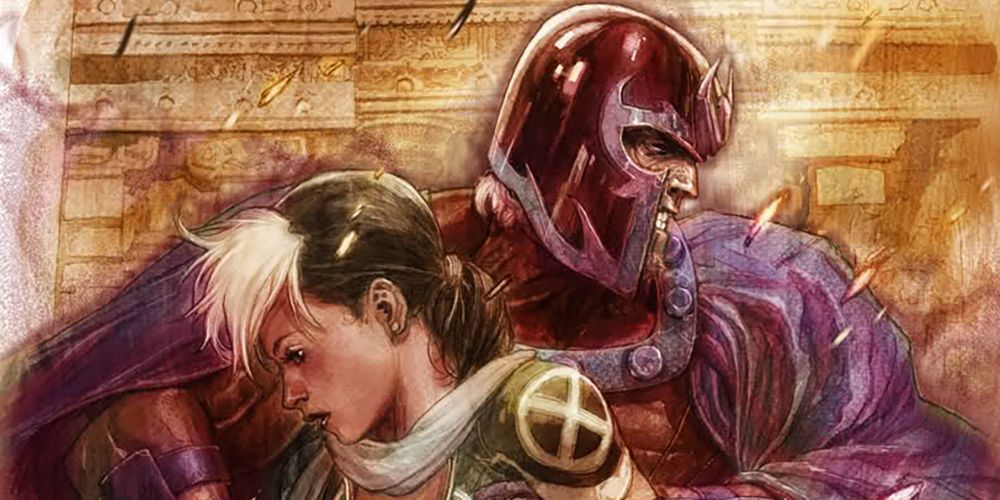
X-Men ’97 gave a commendable adaptation of Rogue and Magneto’s relationship, offering an unflinching examination of its problematic dynamics, such as grooming, age disparity, and power imbalances. The series fearlessly confronted these complex issues, earning recognition for its bold approach.
The comics, too, have a track record of bravely exploring the complicated connection. Legendary X-Men writer Chris Claremont first showcased Rogue’s proneness to Magneto’s allure in Uncanny X-Men. Like ’97, the storyline sees Magneto as Xavier’s School for Gifted Youngsters’ headmaster, making way for emotionally—and potentially flirtatiously—charged interactions with Rogue and Magneto.
Magneto’s paternal concern and experience with isolation appeal to Rogue, and Rogue’s feisty demeanor does the same for the master of magnetism. While their connection remains between mentor and pupil rather than anything more intense, the groundwork gets laid for more.
Alternate Realities Make Room for Romance
Did you know Rogue and Magneto had a kid?
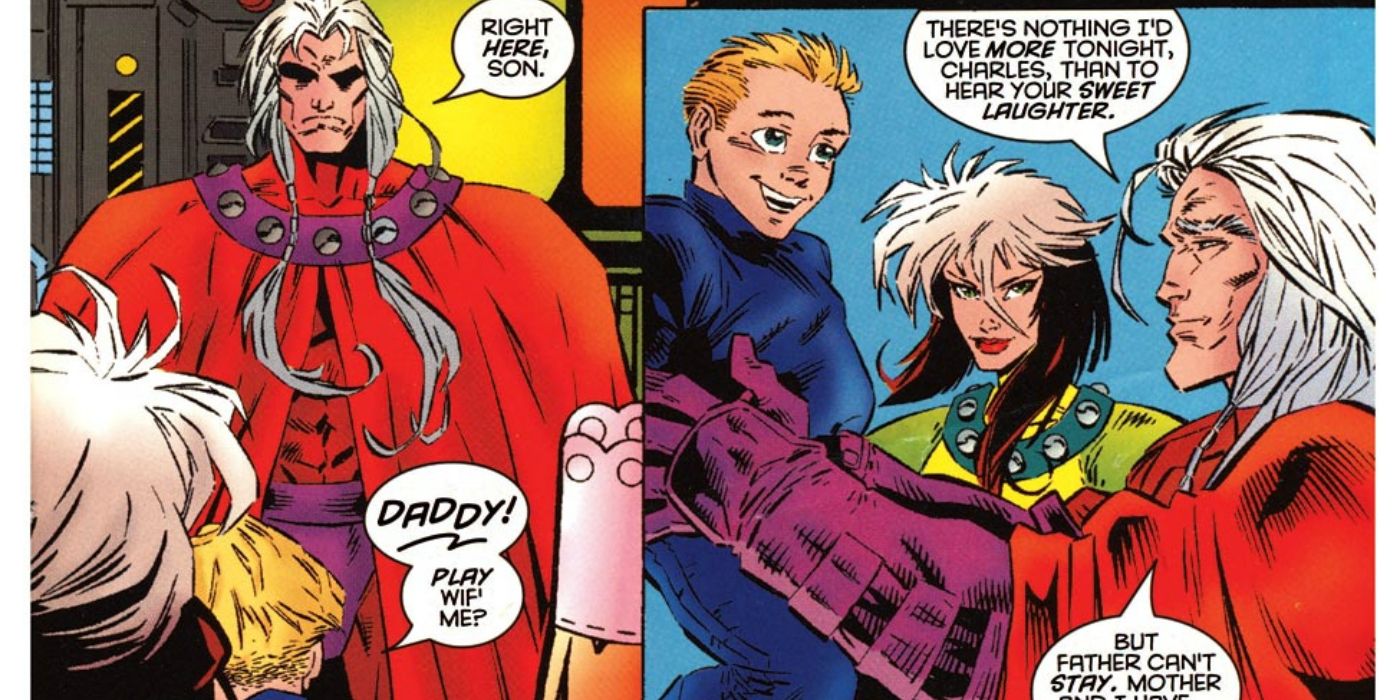
In 1995, when Legion time traveled to kill his father, Professor X, the Age of Apocalypse reality was born. The subsequent events imply that in a world without Charles Xavier, Rogue and Magneto have space — or a lack of guidance — that allows a romantic relationship.
The memory of Charles isn’t completely erased, though. Though the universe’s inhabitants don’t know Xavier, Magneto still named his son Charles in the alternate reality. It’s an intriguing tell, hinting at their shared friend and foe lingering in their minds.
Rogue’s near-romance with Magneto’s clone
Rogue once had a fleeting relationship with a Magneto clone, Joseph. Introduced in 1991, the younger, amnesiac iteration of Magneto enjoyed a brief foray into the X-Men world, during which his subsequent flirtation with Rogue marked another instance wherein Rogue’s attraction to Magneto is made evident without Marvel executing an actual romance between the two characters in earnest.
Rogue and Joseph shared an emotionally charged bond during the latter’s brief stint as an X-man. The clone even made a device for Rogue that allowed her to touch people safely. The extremely thoughtful gift was famously sealed with a kiss, albeit on the forehead.
In X-Men: Legacy, creators Carey and Rafa Sandoval pulled the trigger and finally rendered a real romance between Rogue and Magneto. Though initiated in an alternate reality — Age of X, where, familiarly, Rogue and Magneto were, again, a couple — the two couldn’t resist each other’s thrall once returning to their world.
Mostly founded on lust, the attraction eventually blossomed into a proper relationship. Unfortunately, Magneto and Rogue’s long-gestating partnership was doomed once the X-Men severed into two separate, embattled factions. When Magneto supported an increasingly warmongering-minded Cyclops and Rogue joined the ranks of Wolverine’s alternative squad, it was only a matter of time before the affair fizzled.
What Is Rogue and Magneto’s Relationship Like Nowadays?
Gambit got the girl
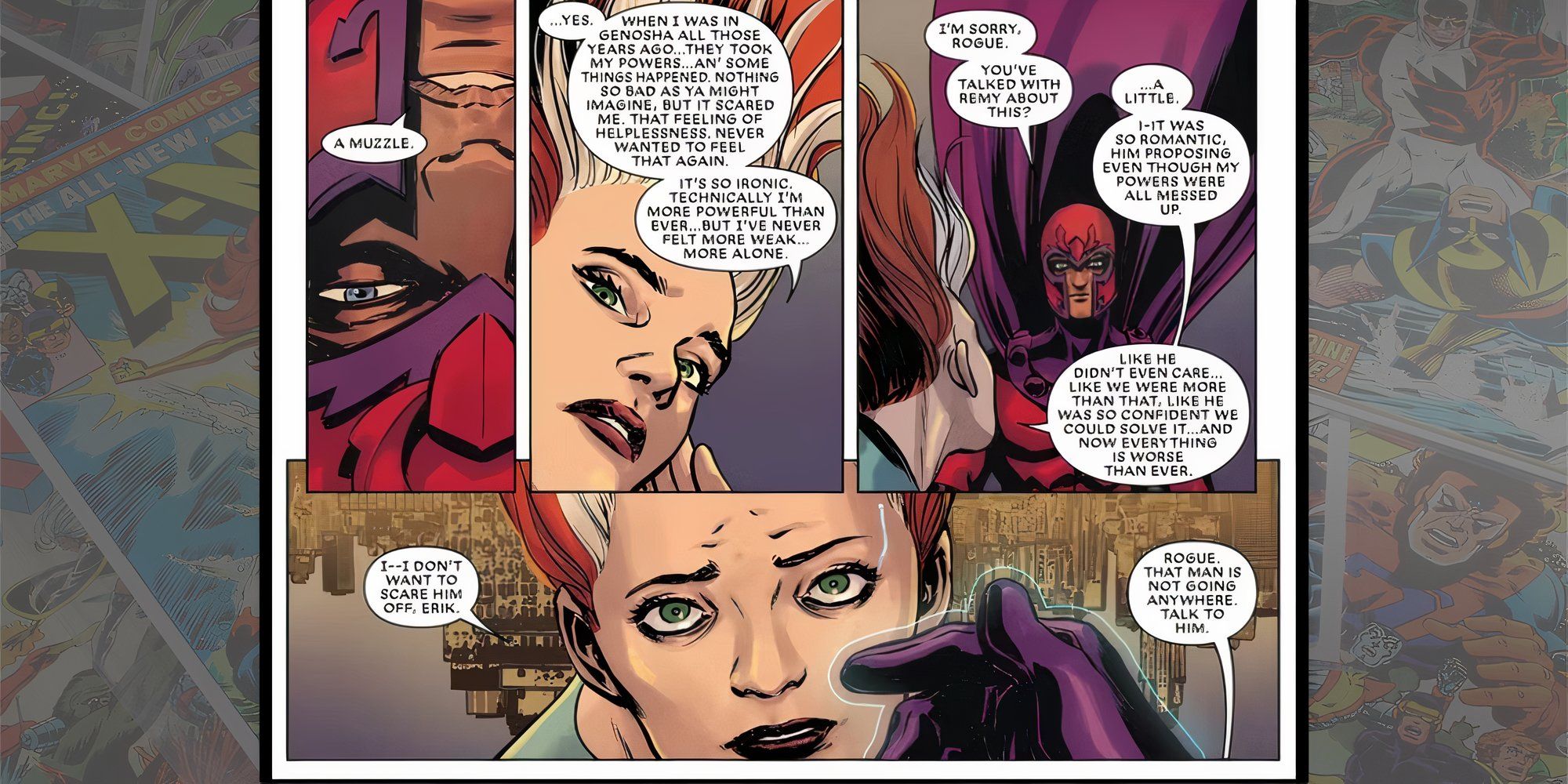
Marvel Comics doubled down on the staying power of Rogue and Gambit’s marriage by giving them their own title, Mr. & Mrs. X. In its eighth issue, a poignant moment between Rogue and Magneto marked a fitting conclusion to their tumultuous romance.
After Kitty leaves Colossus at the altar during their would-be nuptials, Rogue and Gambit quickly distract the audience from the fiasco by getting hitched themselves. Later, when throwing a retroactive celebration, Magneto no-showed his invitation. In the party’s waning hours, though, Rogue caught the Master of Magnetism hovering forlornly, lingering outside her window.
Fearing she’d be a burden to Gambit, Rogue took solace by confiding with Magneto. The heartfelt exchange highlighted the deep understanding and mutual respect that always underscored Rogue and Magneto’s interactions. The former lovers made it clear that, no matter what, they would always support one another. When Rogue opened up about her power struggles, Magneto gracefully supported her.
Magneto’s calm reassurance of “Rogue, that man is not going anywhere. Talk to him,” encapsulated his enduring support and belief in Rogue’s deserving love. This advice, given with the weight of their shared and separate history, resonated with readers, acting as an official declaration of Magneto’s acceptance of their past and his hope for her future happiness.
The dialogue was emblematic of how far both characters had come—Rogue, in her journey to self-acceptance, and Magneto, in his evolution from a militant leader to a mentor, then a lover, then a friend. The issue beautifully closed the chapter on their romance, not with finality, but with a sense of mutual growth and understanding. While their paths may have diverged, their impact on each other’s lives remained, and remains, indelible.
